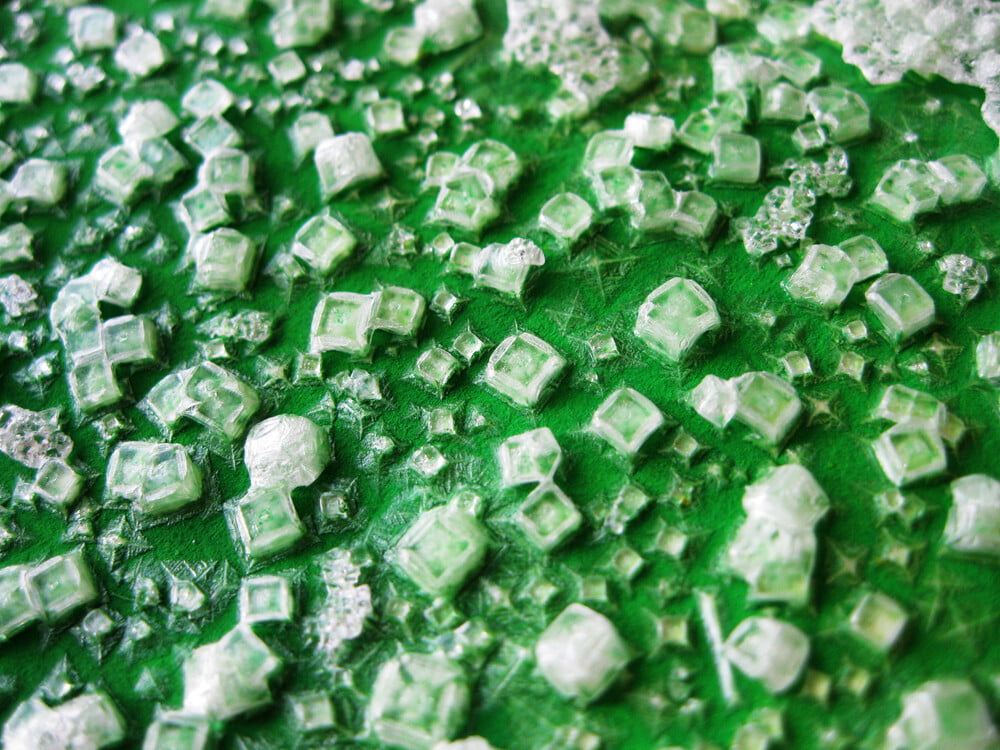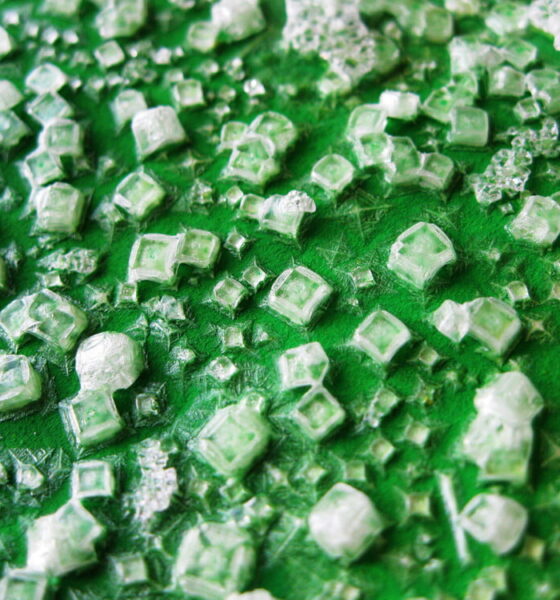

Features
Difference Between Mineral Rights and Royalties for Green Homeowners
Are you a green homeowner that wants to get more value out of your land? There are a lot of things that you can consider.
Some property owners think about logging the forest on their property. However, this isn’t a great option if you are an eco-friendly property owner, because deforestation is a big problem.
Another option that is better for the environment is benefiting from minerals on your property. As long as the company removing the minerals uses an eco-friendly extraction process, then you are able to monetize your property without causing undue harm to the planet.
Options for Monetizing Minerals on Your Property as an Eco-Friendly Property Owner
If a landowner wants to start receiving financial benefits from minerals below the surface of his property, the owner can definitely sever or split the property into 2 interests separately. Those are the rich in the mineral portion below it and the surface. The surface estate may then be sold or used separately from the interests of the minerals. As an eco-friendly property owner, you can use either approach to make money from the minerals.
In this method, as a green landowner, they can sell the property of the surface but retain the rights towards the minerals below it. However, you need to follow the most environmentally friendly approaches and try to avoid having it bleach into the water, since hard water is bad for the environment.
The capability to split the mineral rights from the property for the surface has a certain appeal to property owners in oil and gas-rich areas. The interests or mineral rights, after the separation from the surface, maybe retained or even sold as how the landowner prefers through a royalty deed or a mineral deed. Is it good to buy mineral rights or sell your mineral rights? We’ll find out.
A deed known also as reservation or conveyance.
A necessary element of severing the property into 2 separate interests is if once it is separated; the upcoming interests must be taken care of as legally separate entities from then on.
Each is an unlikely instrument for property and mineral conveying rights. The bad news is that it can be quite difficult to discern the type of deed that is in force on a certain property. Here are some descriptions of royalty deeds and mineral deeds and how they differ.
Mineral Deeds
A mineral deed offers its holder with executive rights towards the property below the surface.
- The holder of the deed is provided with a surface use that is reasonable or provision in order to enter, improve and use the property in the event of extracting the minerals.
- The holder of the deed is licensed fully to extract and also sell those minerals.
- The holder has the right to create and apply more leases for an extraction company from a third party or another entity.
- The holder also has the right to earn and have the associated income with the leases.
- Ownership will revert to the deed holder during the expiration of leases in third parties.
With these certain rights, the holder has the power to control the necessary things by which the minerals being extracted, transferred and sold, and lastly, have the financial benefits. The mineral deed holder has also the right to receive bonuses on the lease, rental payments that are delay, royalties and shut-in payments.
A mineral deed may convey part or all of the mineral rights. A person can have a percentage of the rights in minerals granted by the deed while a third party can have another percentage.
But the deed holder for the mineral is not allowed to take over the whole surface for activities involving extraction and has no right to own of any buildings that are on the surface. In addition, the deed holder for minerals must allow the surface owner from entering or using the property.
Royalty Deeds
A royalty deed is quite restrictive compared to a mineral deed. In this certain case, the holder has only a few rights and quite less of a control over the property beneath the surface.
- There is a full restriction on the deed holder royalty right to make use of and sell the found minerals on the property.
- They have no right for improvement or ingress of the land.
- Have no responsibility for improvement and production costs.
- There are no lease-granting rights for third-party.
To add, the holder does not have the right to any bonuses or income associated with mineral sales or third-party leases. The financial remuneration only a royalty deed holder can receive is a part of the profits from the minerals sales if they are produced.
Royalty Deed vs Deed
You can already identify one difference between the two deeds. A deed for the mineral is not much restrictive and has more rights over the interest in minerals compared to a royalty deed.
The other distinction between the 2 types of deed has some factor with the size of its financial stake.
The deed holder for the mineral receives a larger reward but at a higher cost of risk. Only the deed holder for the mineral can upgrade, extract, and sell all the minerals that are found in the certain land, and acquire a majority of the profit.
Consider These Options as an Eco-Friendly Property Owner Trying to Make Money from Your Minerals
There are a lot of ways to make money from the minerals on your property, even as an eco-friendly property owner. You should consider either using mineral rights or royalties.


 Environment12 months ago
Environment12 months agoAre Polymer Banknotes: an Eco-Friendly Trend or a Groundswell?

 Features11 months ago
Features11 months agoEco-Friendly Cryptocurrencies: Sustainable Investment Choices

 Features12 months ago
Features12 months agoEco-Friendly Crypto Traders Must Find the Right Exchange

 Energy11 months ago
Energy11 months agoThe Growing Role of Solar Panels in Ireland’s Energy Future




























